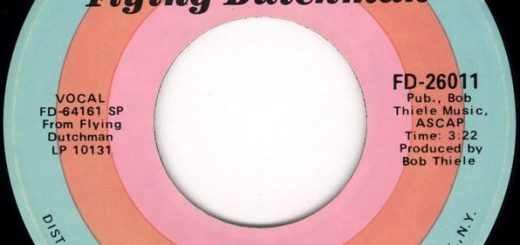Home Is Where the Hatred Is by Gil Scott-Heron Lyrics Meaning – The Raw Story of Desolation and Addiction
Lyrics
I’m on my way home
I left three days ago, but no one seems to know I’m gone
Home is where the hatred is
Home is filled with pain and it,
Might not be such a bad idea if I never, never went home again
Stand as far away from me as you can and ask me why
Hang on to your rosary beads
Close your eyes to watch me die
You keep saying, kick it, quit it, kick it, quit it
God, but did you ever try
To turn your sick soul inside out
So that the world, so that the world
Can watch you die
Home is where I live inside my white powder dreams
Home was once an empty vacuum that’s filled now with my silent screams
Home is where the needle marks
Try to heal my broken heart
And it might not be such a bad idea if I never, if I never went home again
Home again
Home again
Home again
Kick it, quit it
Kick it, quit it
Kick it, quit it
Kick it, can’t go home again
Gil Scott-Heron’s ‘Home Is Where the Hatred Is’ stands as an unflinching portrayal of addiction, a haunting narrative etched into the grooves of his 1971 album ‘Pieces of a Man.’ Through his deeply personal and poetic lyrics, Scott-Heron illuminates the darkest corners of human existence, beckoning the listener into a world where the definition of ‘home’ becomes corrupted by pain and self-destruction.
The song captures not just a time or a feeling, but the timeless and harrowing journey through addiction. It’s a cornerstone of Scott-Heron’s work that reflects the societal issues of his time that, unfortunately, resonate just as profoundly today. More than a song, it is a piece of storytelling, a lyrical confession that bleeds truth with every beat.
The Stained Glass Window of the Soul: Reflections on Home
The juxtaposition of the word ‘home’ — typically a symbol of safety and love — with ‘hatred’ is a masterful stroke by Scott-Heron. It challenges listeners to reconsider their notions of comfort and sanctuary. The home described in this song becomes a battleground, a place of torment where the protagonist’s demons are just as much at rest as his weary body.
This portrayal flips the script on the idyllic scene one might picture upon hearing the term ‘home.’ Instead, Scott-Heron lays bare the internal conflict of someone for whom home is not a refuge but a reminder of their struggles and failures, a place that amplifies their sufferings instead of soothing them.
Unraveling The Gripping Paradox of White Powder Dreams
By invoking ‘white powder dreams,’ Scott-Heron not only delves into the psyche of the addicted but also sharply criticizes the allure of substance as an escape. There’s a biting irony to the phrase, illustrating how the dream fed by drugs is as hollow and damaging as it is seductive.
It’s a scathing indictment of the false promises of substance abuse. Dreams, often viewed as hopeful aspirations, are contaminated by the ‘white powder,’ which, in turn, results in ‘silent screams’ — the hushed desperation that plagues the addicted, unheard and unseen by the world.
The Needle Marks: A Musings on Scars and Healing
The mention of ‘needle marks’ not only visualizes the physical toll of addiction but also the emotional scarring that comes with it. These are the battle wounds of an internal war, each one representing an attempt to mend a ‘broken heart’ with the very thing that tears it further apart.
Gil Scott-Heron doesn’t merely describe a life ravaged by addiction; he uses his lyrics to draw us into the psyche of someone who is acutely aware of their predicament but caught in a vicious cycle too powerful to break on their own.
The Cruel Irony in ‘Kick It, Quit It’ – Between Hope and Despair
The recurring plea to ‘kick it, quit it’ reflects the societal pressure and the simplistic solutions often imposed on those struggling with addiction. Scott-Heron highlights not just the desperation of those in the throes of addiction but also the inadequacy of the help offered.
This part of the song evokes the painful understanding that overcoming addiction isn’t as straightforward as it might seem from the outside. Scott-Heron poses a poignant question: ‘God, but did you ever try?’ challenging the judgment and misunderstandings about the complexity of addiction.
The Crushing Ballad of Nevers: Linking Lyrics and Legacy
The song concludes with a mantra of ‘never went home again,’ an admission of a reality too painful to confront for those captured by addiction. The repetition serves as a self-imposed exile, hinting that for some, the journey home is more harrowing than the quest for sobriety.
This resolve suggests a choice, albeit a tragic one, between the known pain of home and the unknown potential for suffering in the outside world. It’s a stark illustration of the despair that can lead one to sever ties with the very concept of home, transforming the idea into an anthem of eternal wandering.








